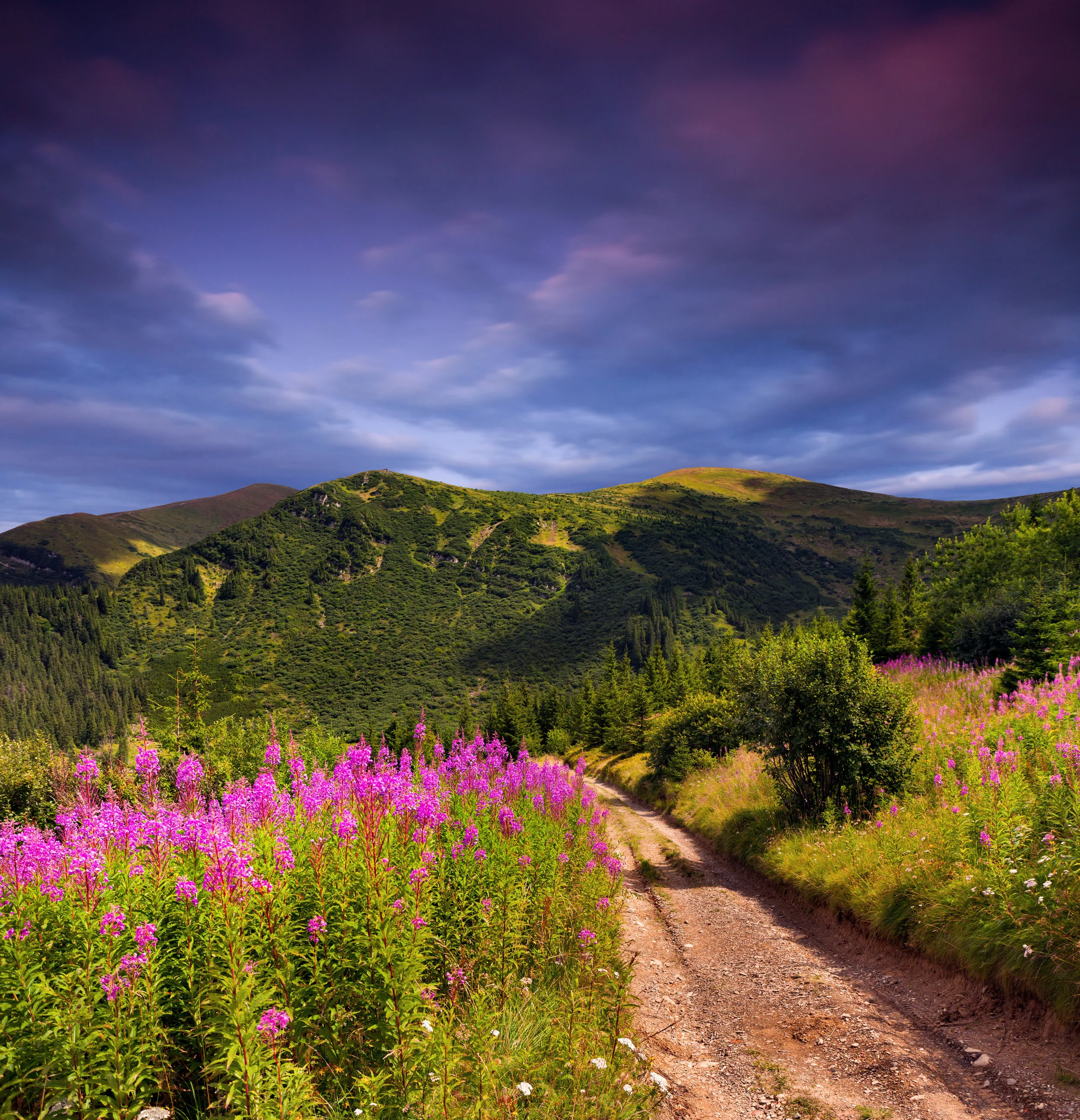Our brains produce new brain cells throughout our entire lives through a process called neurogenesis, and in this podcast, Dr. Brant Cortright is going to share what this means for our brain health and how we can enhance the way our brains operate. Dr. Cortright is a clinical psychologist and Professor of Psychology at California Institute of Integral Studies, specializing in cutting-edge brain health and neuroscience-informed depth therapy.
When we increase the rate of neurogenesis, we see things like improved cognitive function, better memory, less stress, more energy and increased immune health. When we decrease the rate of neurogenesis, however, we see the opposite: poor cognition and memory, increased stress and anxiety and decreased immune health. In this interview, Dr. Cortright discusses the diet and lifestyle components — which mirror the ReWilding diet and lifestyle — that are crucial for your neural development. He shares some interesting information on sleep, and we also get into the effects of substances like caffeine, cannabis and mushrooms on brain health. Tune in for a fascinating discussion — rich with actionable information — that can help improve the functioning of your human animal!

